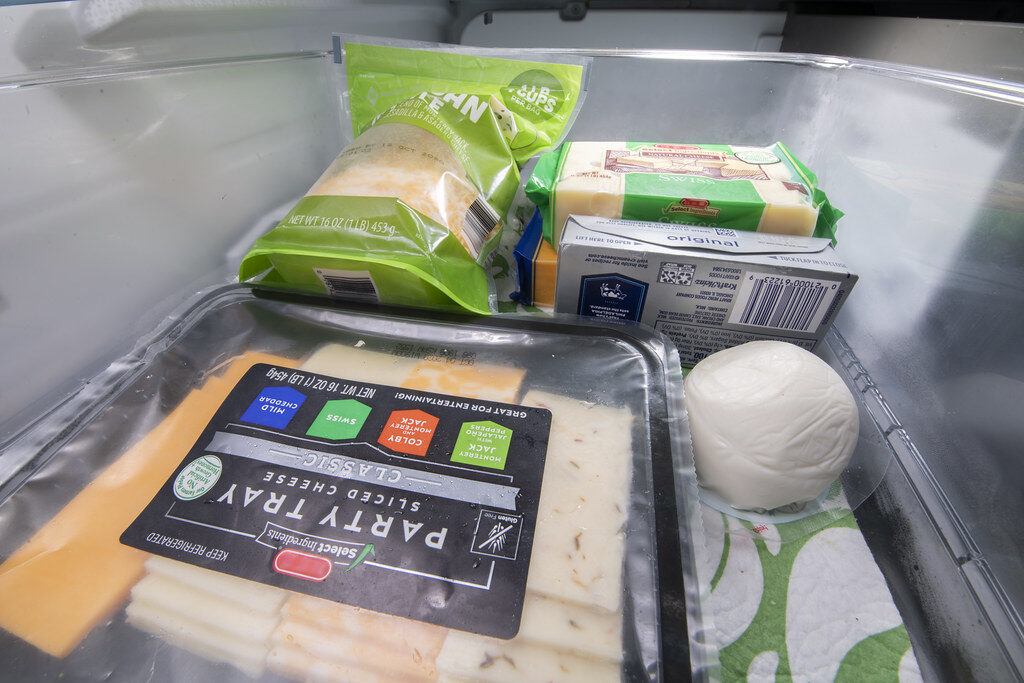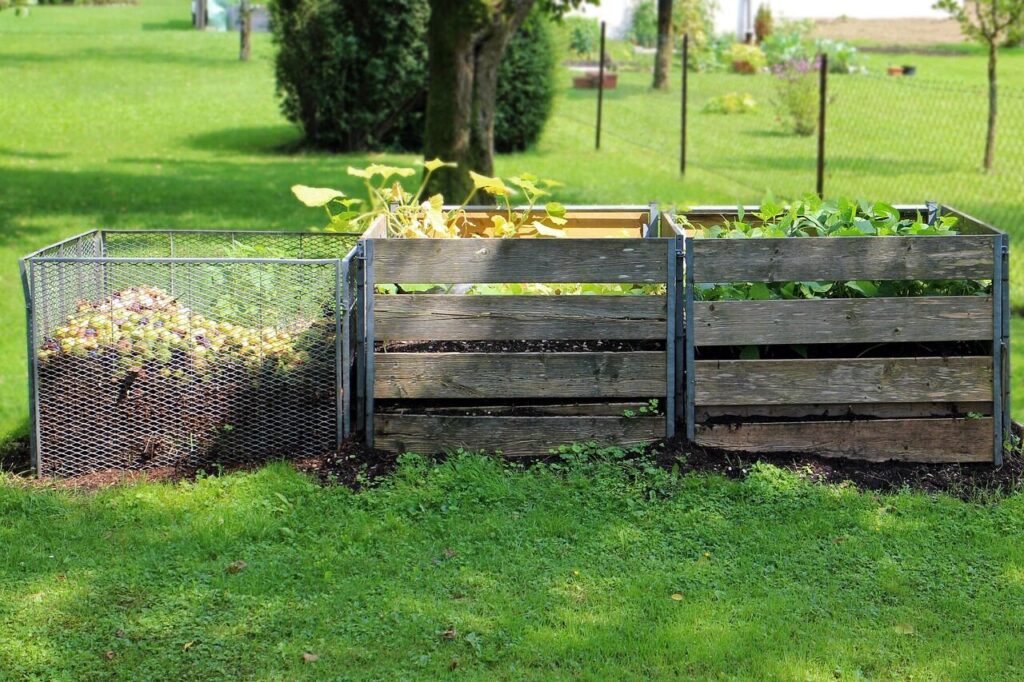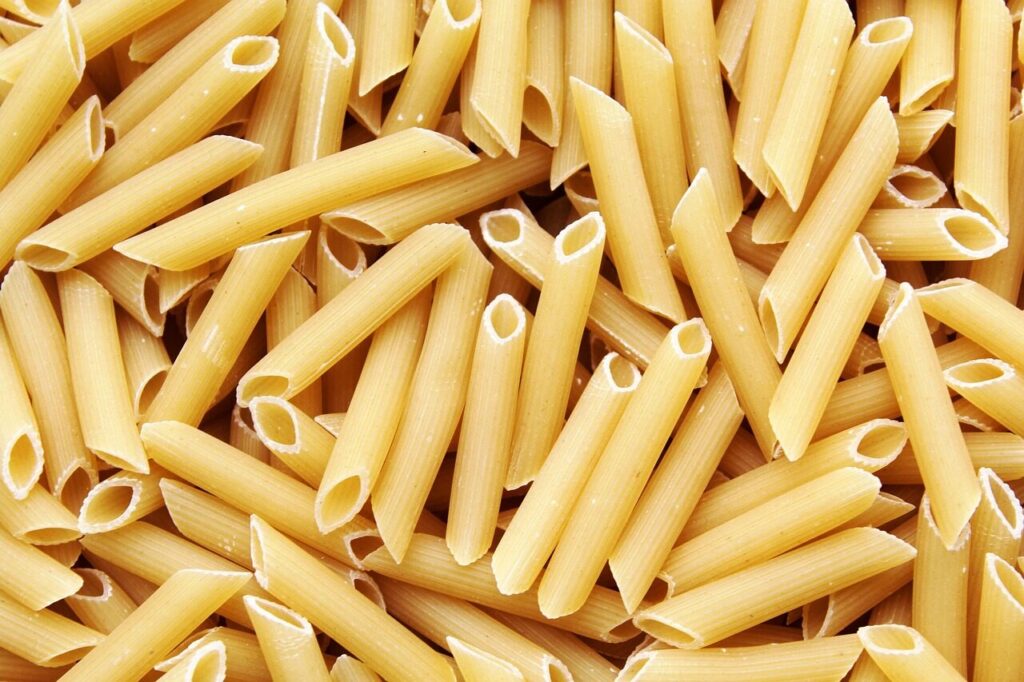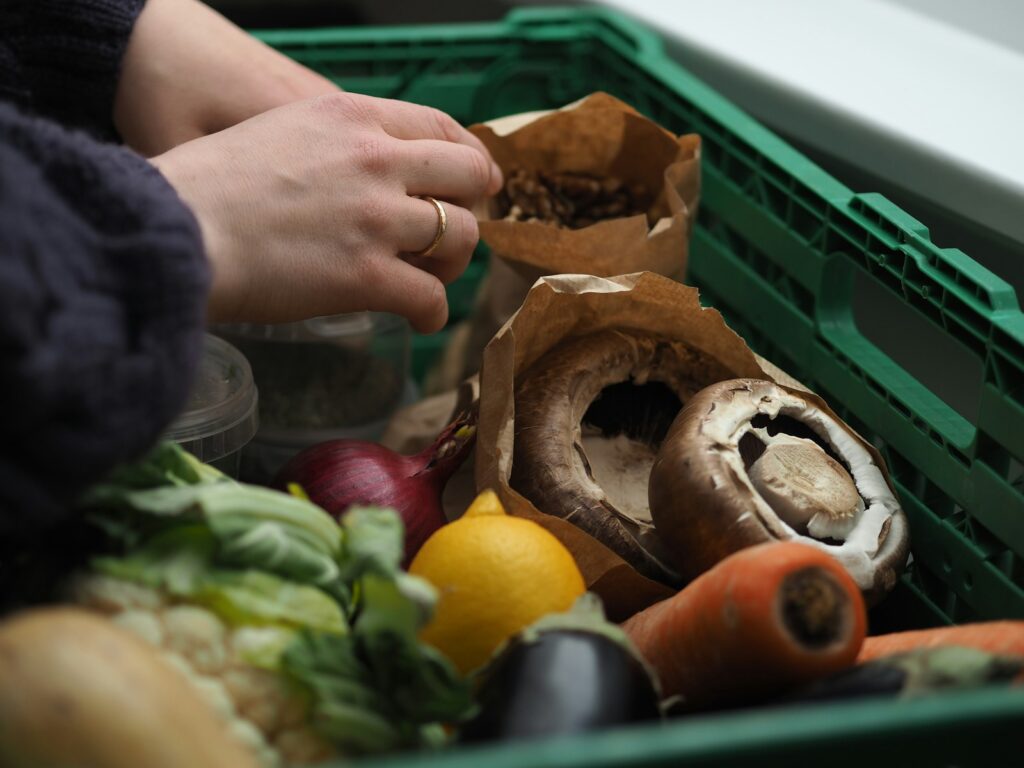Our kitchens play a central role in our homes, serving as the place where meals are prepared and memories are made. Yet, they are also one of the top sources of household waste, from spoiled food to single-use plastics and unnecessary packaging. The great thing is, reducing kitchen waste does not require major changes; it simply calls for mindful habits and creative thinking. By making conscious choices about how we buy, store, cook, and dispose of food, we can save money, protect the environment, and live more sustainably. Here are eight practical and enjoyable ways to reduce waste in your kitchen without compromising comfort or convenience.
1. Plan Meals and Shop Smart

Meal planning is one of the simplest and most effective ways to cut down on kitchen waste. By creating a weekly menu and shopping list, you will buy only what you need and avoid unnecessary impulse purchases. Check your pantry and fridge before heading to the store to prevent buying duplicates. Opt for ingredients that can be used in multiple recipes and plan meals around what you already have at home. When you plan ahead, you not only reduce food spoilage but also save time, money, and stress throughout the week.
2. Store Food Properly

Proper food storage helps extend the life of your ingredients and prevents waste. Use airtight containers and glass jars to keep dry goods fresh, and store fruits and vegetables in breathable bags or produce drawers. Label items with purchase or expiration dates so you know what needs to be used first. Keep your fridge organized by placing soon-to-expire items in front. Freezing leftovers, herbs, or overripe fruits can also give them a second life in soups, smoothies, or sauces. By storing food thoughtfully, you minimize spoilage and make your kitchen more efficient.
3. Compost Food Scraps

Composting is an eco-friendly way to turn kitchen waste into something valuable. Instead of throwing away fruit peels, eggshells, or coffee grounds, collect them in a compost bin. Over time, these materials break down into nutrient-rich compost that can be used for gardening. It is a simple, natural cycle that reduces the amount of waste sent to landfills while nourishing plants. Even if you do not have a large yard, small indoor compost bins or community composting programs are great options. Turning waste into something beneficial helps close the loop in your kitchen’s sustainability efforts.
4. Embrace Reusable Alternatives

Switching to reusable products is one of the easiest ways to make your kitchen more sustainable. Replace disposable plastic bags with reusable cloth or silicone bags, and use beeswax wraps instead of cling film. Opt for cloth towels instead of paper ones and refillable bottles for water and condiments. These small changes not only reduce waste but also save you money in the long run. Plus, reusable items often look better and feel more satisfying to use. Over time, you will notice your trash bin filling up less frequently, and that is a great feeling.
5. Repurpose Leftovers

Leftovers do not have to be boring or repetitive. With a bit of creativity, yesterday’s meal can become today’s exciting dish. Turn leftover rice into flavorful fried rice, roast vegetables into a hearty soup, or stale bread into crunchy croutons. You can also freeze leftovers for future quick meals when you are too busy to cook. Repurposing food helps you make the most of what you have while reducing waste and saving money. It is a fun way to experiment in the kitchen and discover new favorite recipes along the way.
6. Buy in Bulk

Buying in bulk can significantly reduce packaging waste and save money over time. Choose bulk bins for dry goods like grains, beans, nuts, and spices, and bring your own reusable containers or jars. When shopping, focus on long-lasting pantry staples rather than perishable items you might not finish. Buying in bulk also reduces the need for frequent store trips, which means less fuel and fewer impulse buys. It is a practical way to shop sustainably without sacrificing convenience. Just remember to store your bulk items properly to maintain freshness.
7. Recycle and Segregate Properly

Recycling may seem simple, but doing it correctly makes a big difference. Start by setting up clearly labeled bins for recyclables, compost, and trash. Rinse containers before recycling to prevent contamination, and learn which materials your local recycling facility accepts. Proper segregation ensures that recyclable items actually get processed and not sent to landfills. Teaching everyone in the household how to recycle correctly helps maintain consistency. When recycling becomes a routine part of your kitchen habits, it turns sustainability into a shared and effortless practice.
8. Choose Sustainable Kitchen Tools

Investing in durable, eco-friendly kitchen tools is another smart step toward waste reduction. Choose utensils, cutting boards, and storage containers made from bamboo, stainless steel, or glass instead of disposable or plastic options. Quality tools last longer and often perform better, making cooking more enjoyable. When possible, look for products that are repairable or made from recycled materials. Sustainable tools not only reduce waste but also give your kitchen a timeless and intentional look. It is a small shift that makes your cooking space both practical and planet-friendly.
Comments